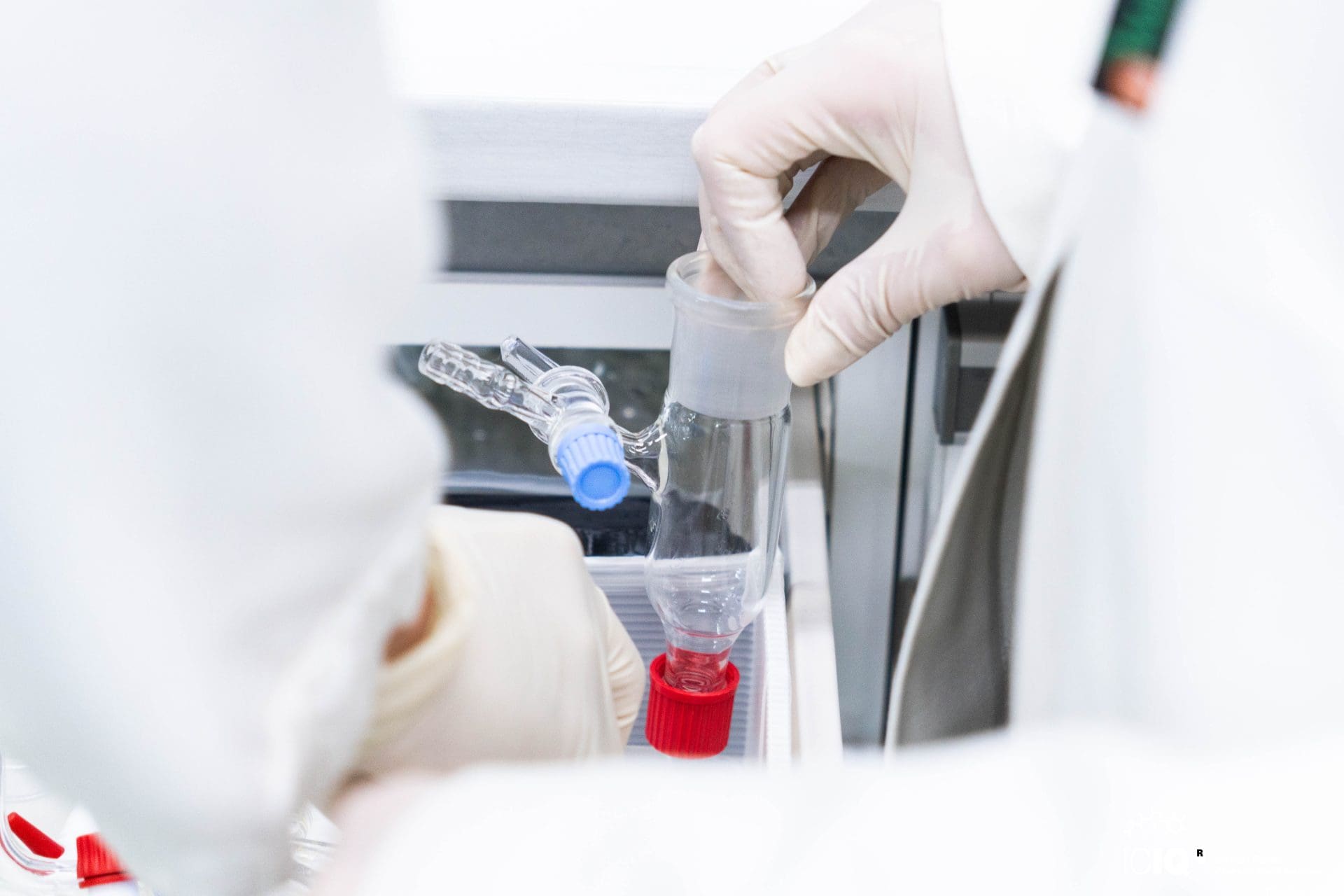CESC
Conversion of Energy in Sustainable Chemicals
Project description
CESC aims to transform CO2 into compounds of economic interest, tackling two hot issues: The first one is thedecarbonization of relevant industrial processes contributing to a safer and healthier environment. The secondone is to use CO2 as a primary source to produce chemicals of economic interest such as CO, CH4 and otherC2 (i.e., ethylene) products that are currently produced from fossil fuel sources. To achieve the above-mentionedgoals, we propose the construction of a continuous flow catalytic reactor with a Technology Readiness Level 4(TRL4) for the reduction of CO2 into chemicals of economic interest.
The project will comprise: (i) Design anddevelopment of novel efficient and stable catalysts for the transformation of CO2; (ii) Optimization of the solar-to-fuel conversion efficiency using solar cells by the design and fabrication of molecular solar cells that deliversufficient current and voltage to promote the electrochemical reduction of CO2; (iii) Development of a pilotcontinuous flow modular and smart device that integrates CO2 electrochemical reduction, an organicphotovoltaic system as power supply and CO2 capture systems; and (iv) Data analysis and impact assessmentto accelerate early implantation at a pilot plant. Materials science, catalysis and engineering can provide differentand an alternative pathway to convert atmospheric CO2 in other value-added chemical products and, thus,trigger the interest of the chemical industry in the capture and use of CO2 from the pipeline and re-use it, as afeedstock, to create a circular economic business. To achieve these objectives, a multidisciplinary researchteams formed by URV, ICIQ and EUT have joined in CESC to share knowledge and prepare a modularelectrochemical reactor at TRL4 integrating in one device the CO2 capture, the power generation fromrenewable solar energy and the electrocatalytic conversion of CO2 towards products of interest.
The objective of the CLIMA 2023 call is to fund research projects or knowledge transfer in various scientific fields with the aim of analyzing the impact of climate change on different natural systems, social and economic sectors, and territories of Catalonia. Projects under the call must propose innovative measures, models and strategies to mitigate climate change effects and enhance adaptive capacity.



Convocatòria AGAUR 2023 dels ajuts per finançar projectes de recerca per la mitigació i adaptació al canvi climàtic amb el suport del Departament de Recerca i Universitats, del Departament d’Acció Climàtica, Alimentació i Agenda Rural i del Fons Climàtic de la Generalitat de Catalunya. Referència CESC: 2023 CLIMA 00067
-
Reference: 2023 CLIMA 00067
-
Call identifier: CLIMA 2023
-
Timeline
31/01/2024 - 30/01/2026
-
Budget
Overall Budget
360000 €
-
Principal Investigator
Prof. Emilio Palomares
-
Financing Agent / Programme
AGAUR

Let's create a brighter future
Join our team to work with renowned researchers, tackle groundbreaking
projects and contribute to meaningful scientific advancements
















